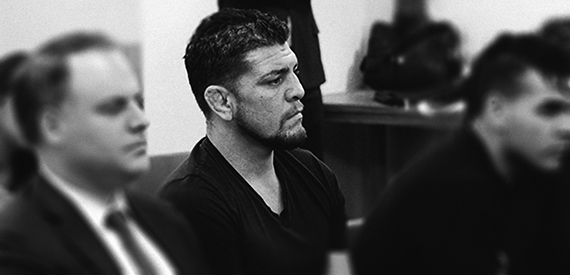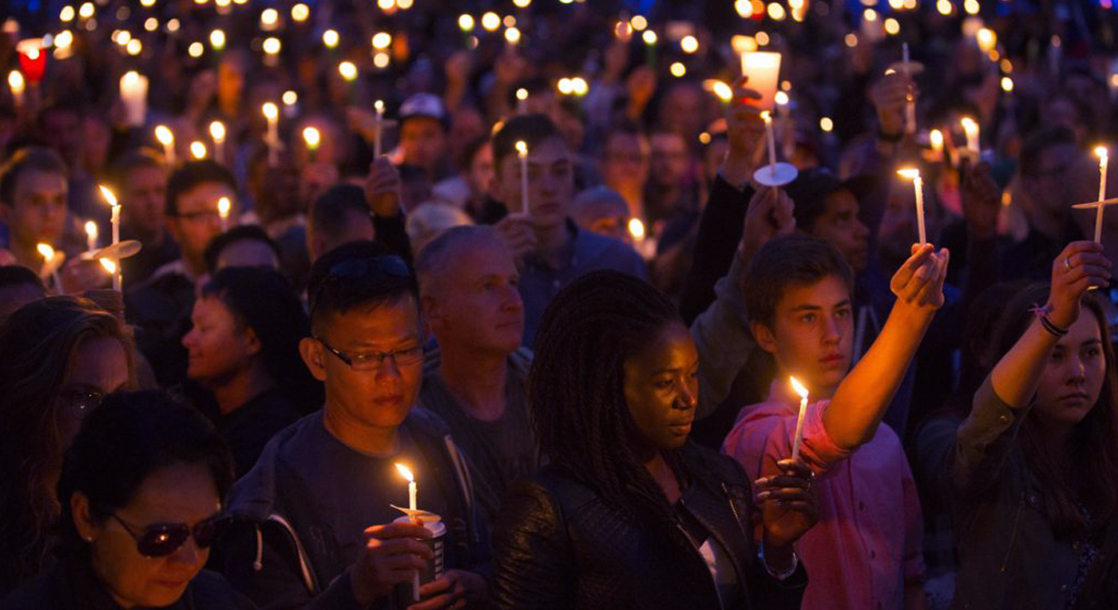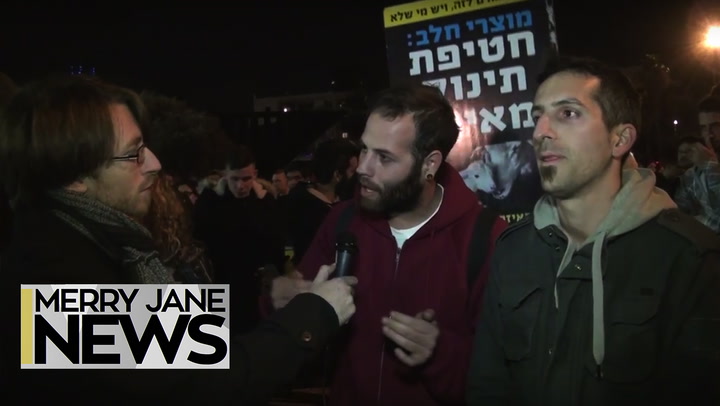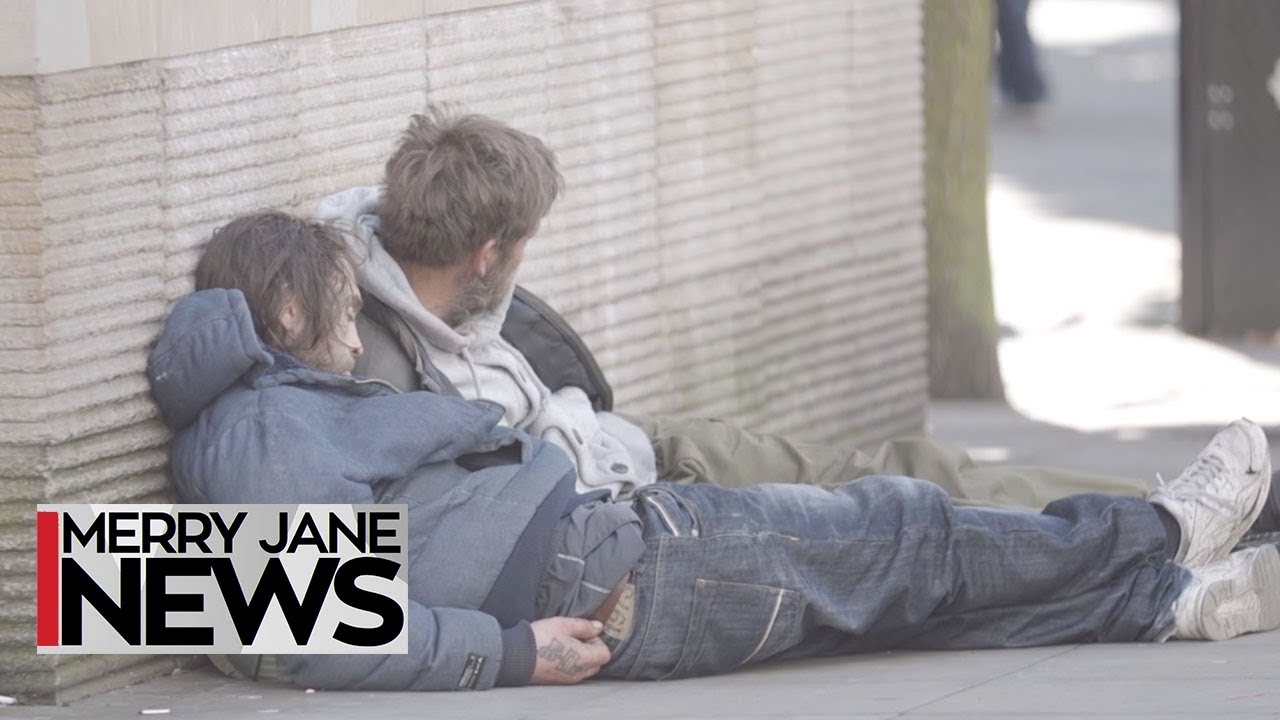Rather than discuss whether Nick Diaz's recent punishment from the Nevada State Athletic Commission was warranted, or whether or not marijuana belongs on athletic commission's banned substances lists, this article aims to show how the NSAC has left themselves open on appeal concerning the Diaz decision as well as how the overall perception of the commission was thrown out the window by the commission itself with this case.
The NSAC did not admit to evidence found from two of the three urine tests that Diaz submitted on the day of his bout with Anderson Silva at UFC 183.
On the night of Diaz's bout with Silva, Diaz submitted three urine samples, which were taken to two different labs for testing. At 7:12 PM (prior to the fight), Diaz submitted a sample to a collector representing the Sports Medicine Research and Testing Laboratory in Salt Lake City, Utah, a WADA (World Anti-Doping Agency)-accredited facility.
When run through a “WADA full menu,” which includes drugs of abuse, the test came back below the 150ng/mL of marijuana metabolites allowed by the commission.
After the fight at 10:38 PM, Diaz submitted another sample to a collector representing Quest Diagnostics, a lab that is not WADA-accredited. This sample came back at double the allowed amount of metabolites.
At 11:55 PM, Diaz submitted yet another sample, this one going to the same collector and lab as the first test. Like that first test, this sample also passed the “WADA full menu.”
In their complaint against Diaz, the NSAC included the positive test from Quest, but neither of the negative results from SMRTL.
In court, Diaz's lawyer also pointed out that the chain of custody regarding Diaz's positive test may have been compromised when collector Aldo Galvan sealed the sample himself, did not check a box on the collection form indicating the sample collection was observed by inspectors. Additionally, the sample was sent to Quest with Diaz's name written on it, thus robbing him of anonymity during the testing process.
The medical expert testifying for Diaz, Dr. Hani Khella, testified that he believed the sample that was sent to Quest was mishandled and that Diaz would have had to drink 30 glasses of water in the hour between the second and third tests for the results to stand.
So, what perception are people likely to take away about this commission with the information that they deliberately left two test results out of evidence that would have gone toward exonerating someone they were trying to punish? The short answer: not a good one.
Even further than the general distrust around the NSAC, fellow fighters have also begun to demonstrate their disbelief with the organization.
Immediately after the decision was announced, many fighters took to social media in outrage over Diaz's punishment and were very critical over how the NSAC handled the hearing and the testing of Diaz's samples. Ronda Rousey publicly voiced her disapproval and a few fighters have even said that they won't fight in Nevada anymore because of what they perceive as a miscarriage of justice.
The testing controversy is a major loose end for the NSAC. It likely won't cost them everything on appeal regarding their punishment of Diaz, but they might have already lost more than they bargained for in terms of their overall credibility.











